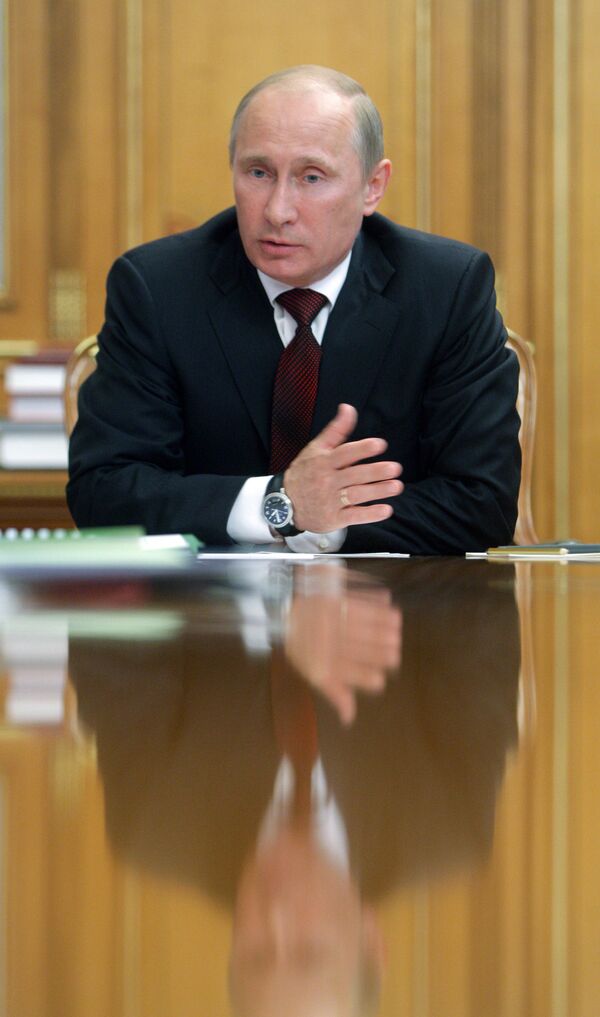Russia will continue its industrial policy of increasing the number of foreign producers working in the country and sharing their technologies, Prime Minister Vladimir Putin said on Tuesday.
"We have conducted and will continue to conduct this policy in industry. We'll look for foreign producers to increase their output in Russia and simultaneously transfer technologies," Putin said.
Russia's requirement for a high level of car output on Russian soil under a new industrial assembly regime is one of the three stumbling blocks on the country's accession to the World Trade Organization.
Under the new regime, car producers setting up industrial assembly in Russia will have to build a minimum 300,000 vehicles a year for several years after starting up, while companies which already assemble vehicles at their plants in Russia, will have to increase their output to 350,000 a year. The new terms also inlude a requirement that semi knock-down car production should not exceed 5 percent of output.
Putin said that in return foreign partners would get "the main advantage of a market economy - the Russian domestic market."
Putin said the recently established Customs Union of Russia, Belarus, Kazakhstan and the common economic space would further expand the Russian car market.
The recent Russian-French contract on the construction of Mistral class helicopter carriers for the Russian Navy with the simultaneous transfer of all technologies is a good example of Russia's industrial policy, Putin said.


